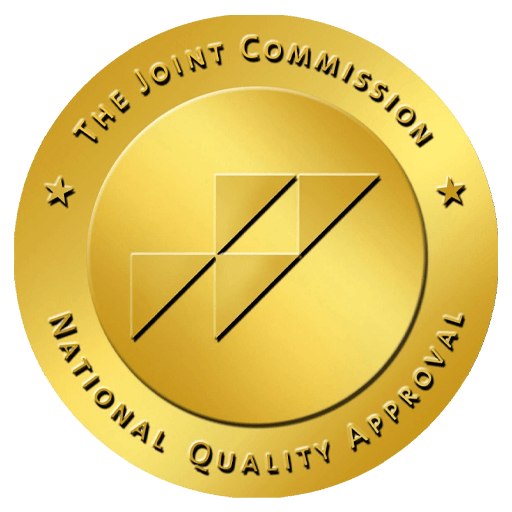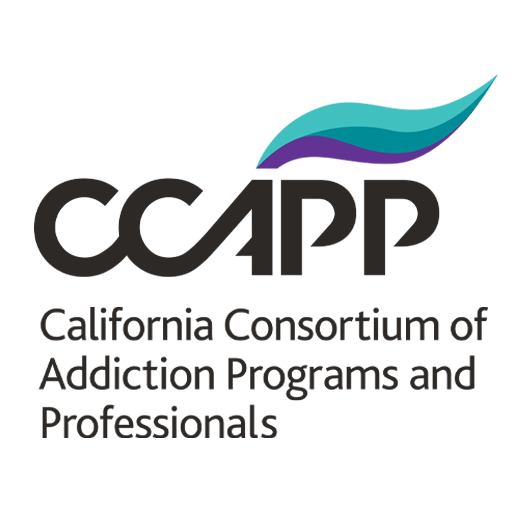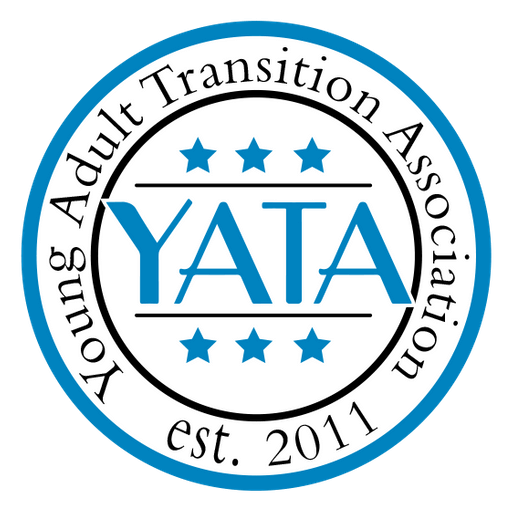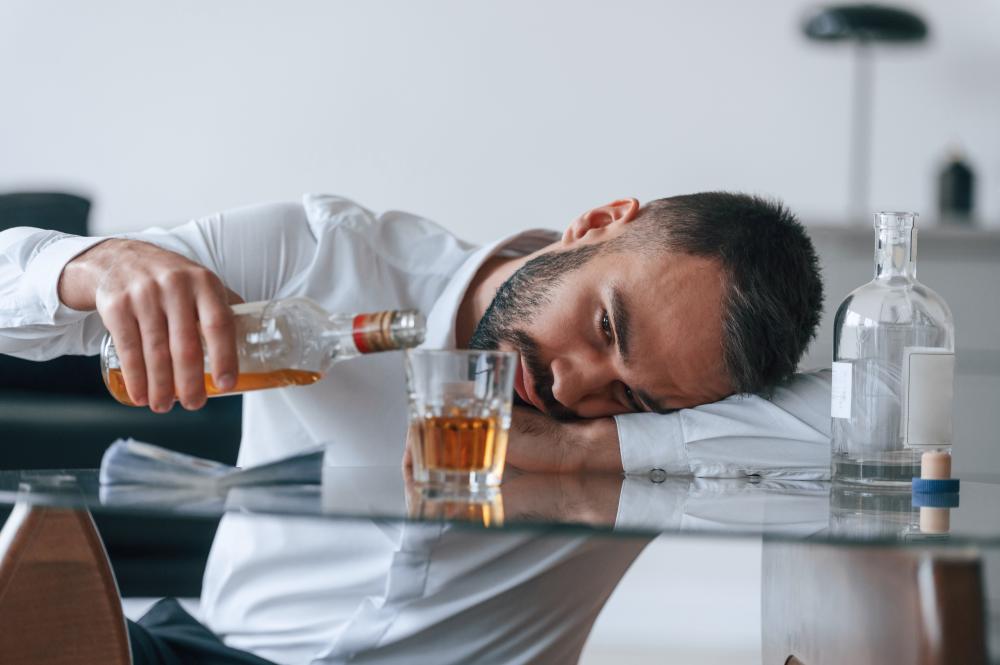How long does it take the body to detox from alcohol?
The detoxification process from alcohol can vary significantly depending on several factors such as the severity of alcohol dependence, overall health, age, and metabolic rate. Typically, the acute phase of alcohol detox lasts between 3 to 7 days, during which the most intense withdrawal symptoms may occur. However, real recovery is a longer journey. At My Limitless Journeys, we often say that detox is just the beginning. It’s important to understand that while the physical presence of alcohol in the body diminishes within a week, psychological and emotional recovery can take much longer, sometimes months or years. The process can be seen as a foundation, setting the stage for ongoing treatment that addresses the root causes of addiction.
How do you detox your body from alcohol?
Detoxifying from alcohol is not just about abstaining from drinking. It involves a medically supervised process that focuses on safely managing withdrawal symptoms and preparing the body for subsequent treatment. At My Limitless Journeys, we’ve developed a comprehensive approach. Initially, you undergo a thorough assessment to tailor the detox plan to your specific needs. A team of healthcare professionals will then oversee the stabilization phase, where medications may be used to alleviate withdrawal symptoms. The next step is transitioning to ongoing treatment, which includes therapy and other support mechanisms aimed at achieving long-term sobriety. It’s like planting a seed and nurturing it–detox is the beginning of a profound transformation.
What is the best drink to detox your body from alcohol?
Although there’s no magic drink to expedite detoxification, staying hydrated is crucial. Water and herbal teas are excellent choices because they help flush toxins out of the body. At My Limitless Journeys, we often recommend drinks like green tea, known for its antioxidants, or coconut water, which provides electrolytes that may be depleted during detox. However, it’s important to consult with medical professionals who can offer personalized advice based on individual health conditions. Remember, detox is not just a physical cleanse but a holistic process requiring balanced nutrition and emotional stability for lasting recovery.
What medication is used for alcohol detoxification?
During alcohol detoxification, certain medications are often used to manage withdrawal symptoms safely. Commonly used medications include benzodiazepines like lorazepam or diazepam, which help reduce anxiety and prevent seizures. Other medications, such as naltrexone or acamprosate, may be introduced later to support long-term recovery by reducing cravings. At My Limitless Journeys, we emphasize a personalized approach, ensuring medication regimens are tailored to individual needs. Always work closely with medical professionals to determine the most suitable plan. This clinical support is vital, as detox can be unpredictable and requires careful supervision.
Why should someone consider professional alcohol detox in Encino?
Professional detoxification in Encino offers a safe and structured environment essential for effective recovery. Attempting to detox by yourself can be dangerous due to severe withdrawal symptoms like tremors or hallucinations, which require immediate medical attention. In Encino, facilities like My Limitless Journeys provide a comprehensive approach, offering 24/7 medical supervision and personalized care. Moreover, Encino’s detox centers integrate holistic therapies such as meditation and counseling into the detox process, enhancing the quality of recovery. Choosing professional detox not only ensures physical safety but also nurtures mental well-being, providing a robust start to a life free from alcohol dependency.
How does participating in detox in Encino contribute to long-term recovery?
Participating in detox in Encino lays down a foundation for long-term recovery by offering a comprehensive care plan that spans beyond immediate detoxification. At My Limitless Journeys, we believe the true journey starts after detox, when individuals are directed toward therapy and peer support networks to tackle the underlying causes of addiction. Encino’s detox centers are designed to seamlessly transition individuals into ongoing treatment programs, providing resources like group therapy and family support, which are vital for sustained sobriety. This integrated approach not only addresses physical dependency but also emotional and psychological needs, creating a supportive community that encourages long-term wellness. It’s not just about stopping alcohol; it’s about starting a new life chapter.











